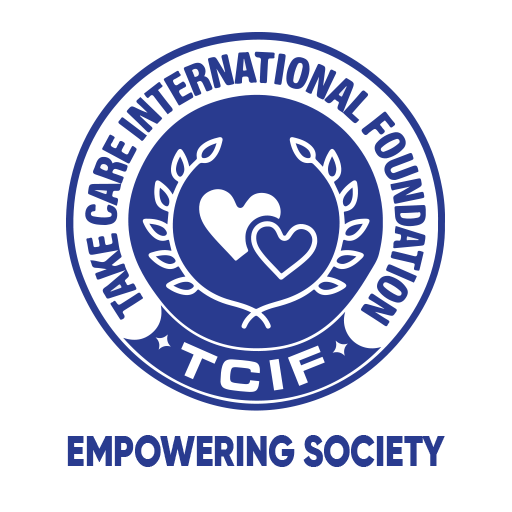Sensations of tension — disquiet, fear, dread, or a mystifying feeling of looming destruction — can be profoundly horrendous. Regardless of whether uneasiness introduces itself as an agitated stomach, heart palpitations, an anxious pressure that colors everything, or even a fit of anxiety, the inconvenience and pain can be very difficult.
We’re not discussing in general, regular uneasiness here, yet clinical tension — the sort that can be all-burning-through and, now and then, weakening. At the point when delegated a turmoil, tension is “constant and extreme concern” where people can lose sane viewpoint and “anticipate the most noticeably terrible, in any event, when there is no obvious justification concern,” according to the Anxiety and Depression Association of America.
Regardless of where you are on the scale, there are natural solutions for nervousness that merit considering, either all alone or as a supplement to conventional medicines (however in case you are gettingprofessional care, talk to your doctor first). Some are way of life changes that can assist with decreasing nervousness over the long run, for example, a standard contemplation practice, actual work, investing energy outside, or making a couple of food trades. Others, similar to profound breathing and interruption methods, can give regular uneasiness alleviation the second your mind sends a SOS.
5 ways to feel calmer
- Take some deep breaths
When anxious, our breath becomes rapid and shallow. Deep belly breathing helps decrease anxiety by stimulating the body’s relaxation response, lowering our heart rate and blood pressure. It’s a powerful technique that works because you can’t breathe deeply and be anxious at the same time. There are many variations to try, including this simple exercise: Inhale deeply for a count of 4, hold your breath for a count of 4, exhale for a count of 4. Repeat several times.
- Go for a walk
Exercise is one of the best anxiety remedies, immediately and long term. Going for a walk creates a diversion from your worries and releases muscle tension. Grab your headphones or earbuds on your way out; studies show that listening to music brings its own calming effects.
- Try a mini-meditation from Headspace
No matter what’s causing your anxiety, take a pause and try this 3-minute meditation to anchor your mind and body in the present.
Sitting down, take a few deep breaths, in through the nose, and out through the mouth, feeling the breath move through the body, the rising sensation as you breathe in, the falling sensation as you breathe out. Do this a few times, then allow the breath to return to its natural rhythm.
Begin to focus your attention on the physical sensations, either of the weight of the body on the seat beneath you, or the feet on the floor. That’s your anchor, something that doesn’t change, no matter how many thoughts come and go. The moment you realize you’re caught up in thought, come back to that sensation, that feeling of being grounded. It’s as though you’re stepping out of all the business of the mind, and just being present in the body.
- Sip some herbal, chamomile, or green tea
If you’re feeling jittery, pour a cup of chamomile or green tea. Known as a sleep aid, chamomile contains a compound called Matricaria recutita, which binds to the same brain receptors as drugs like Valium. Chamomile’s sedative effects may also come from the flavonoid apigenin. In one study at the University of Pennsylvania Medical Center in Philadelphia, patients with generalized anxiety disorder (GAD) who took chamomile supplements (1.2 % apigenin) for 8 weeks showed a significant decrease in anxiety symptoms compared with patients taking placebo. (Despite improved quality control, herbal supplements aren’t regulated by the FDA the way medications are, so before taking any supplement, check with your doctor.)
Green tea, long used in Chinese medicine to treat depression, contains the amino acid L-theanine, which relieves stress, and reduces blood pressure and muscle tension. Nuts, whole grains, and broccoli are also rich in L-theanine.
- Distract yourself
If you’re feeling anxious, try a distraction technique — anything that redirects your attention away from distressing thoughts or emotions. Run your fingers around the edge of your phone, put your hands under running cold water, color, or draw on a piece of paper. Distractions work because your brain can’t be in two places at once, and shifting your attention to any activity will interrupt a string of racing thoughts.
Original reference link: How to Reduce Anxiety – Headspace





